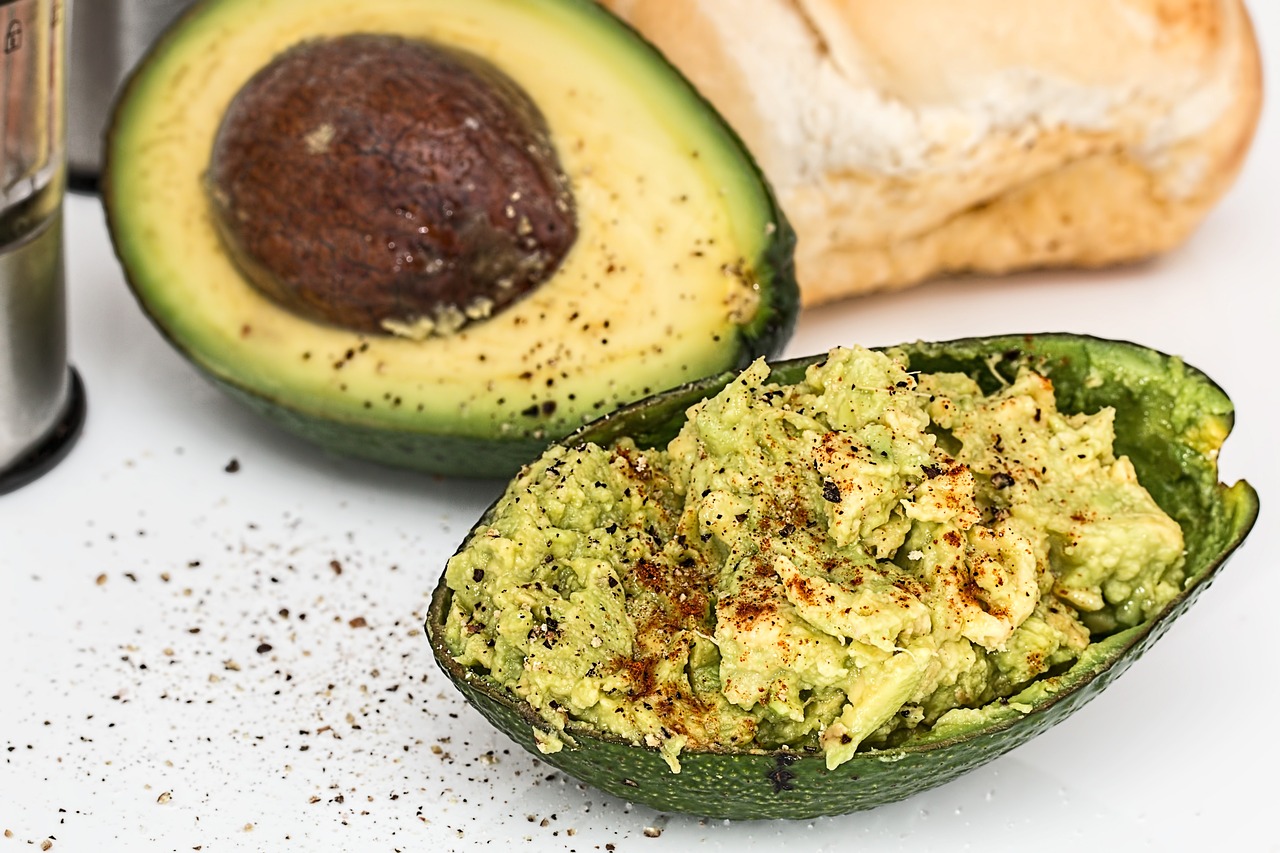The Art of Food Fermentation: Harnessing Microbial Power for Flavor and Health
Fermentation is a practice that dates back thousands of years, with evidence of its use found in ancient civilizations such as Mesopotamia, Egypt, China, and Rome. The process of fermentation was discovered by our ancestors through the natural transformation of food and beverages when left exposed to the environment. Initially, fermentation was likely stumbled upon by accident, but over time, humans learned to harness its power for preserving foods and creating new flavors.
Throughout history, fermentation has played a crucial role in human civilization, providing not only a means for food preservation but also for cultural and social development. In ancient times, fermented foods and beverages were highly valued for their nutritional benefits and unique tastes. The art of fermentation has been passed down through generations, with each culture contributing its own techniques and recipes to the vast world of fermented foods.
• Fermentation dates back thousands of years
• Evidence found in ancient civilizations such as Mesopotamia, Egypt, China, and Rome
• Discovered through natural transformation of food and beverages left exposed to the environment
Throughout history, fermentation has played a crucial role in human civilization. It provided not only a means for food preservation but also contributed to cultural and social development. In ancient times, fermented foods and beverages were highly valued for their nutritional benefits and unique tastes. The art of fermentation has been passed down through generations with each culture contributing its own techniques and recipes to the vast world of fermented foods.
Fermentation was likely stumbled upon by accident initially but over time humans learned to harness its power for preserving foods and creating new flavors. This practice has stood the test of time as it continues to be an integral part of various cuisines around the world today.
Fermentation and Probiotics
One of the most significant benefits of fermentation is the role it plays in promoting a healthy gut microbiome. Probiotics are live bacteria and yeasts that are good for your digestive system. Fermented foods such as yogurt, kimchi, and sauerkraut are rich in probiotics, which help maintain the balance of good bacteria in the gut.
Consuming probiotics through fermented foods can help improve digestion, boost the immune system, and even enhance mental health. The fermentation process increases the bioavailability of nutrients and can aid in the production of certain vitamins, further contributing to overall well-being. So, the next time you enjoy a serving of kombucha or miso soup, remember that you are not only treating your taste buds but also nourishing your body with beneficial probiotics.
Different Types of Fermented Foods
Fermented foods have been a part of human diets for centuries, offering not only unique flavors but also various health benefits. One popular type of fermented food is kimchi, a traditional Korean dish made from fermented vegetables like cabbage and radishes. Its tangy and spicy taste is a result of the fermentation process, which also creates probiotics that support gut health.
Another well-known fermented food is kombucha, a fizzy tea beverage that is made by fermenting sweetened tea with a SCOBY (symbiotic culture of bacteria and yeast). Kombucha is praised for its refreshing taste and believed to have detoxifying and energizing properties. Other examples of fermented foods include sauerkraut, miso, kefir, and tempeh, each offering a unique flavor profile and a dose of beneficial bacteria for the gut.
What is fermentation?
Fermentation is a metabolic process that converts carbohydrates into alcohol or organic acids using microorganisms like yeast or bacteria.
How does fermentation benefit our health?
Fermented foods are rich in probiotics which promote a healthy gut microbiome, improve digestion, and support overall immune function.
What are some popular types of fermented foods?
Some popular types of fermented foods include yogurt, kefir, kimchi, sauerkraut, kombucha, and miso.
Can fermentation enhance the nutritional value of foods?
Yes, fermentation can enhance the bioavailability of nutrients in foods, making them easier for our bodies to absorb.
Is it safe to consume fermented foods?
As long as fermented foods are prepared and stored properly, they are generally safe to consume and can provide numerous health benefits.







